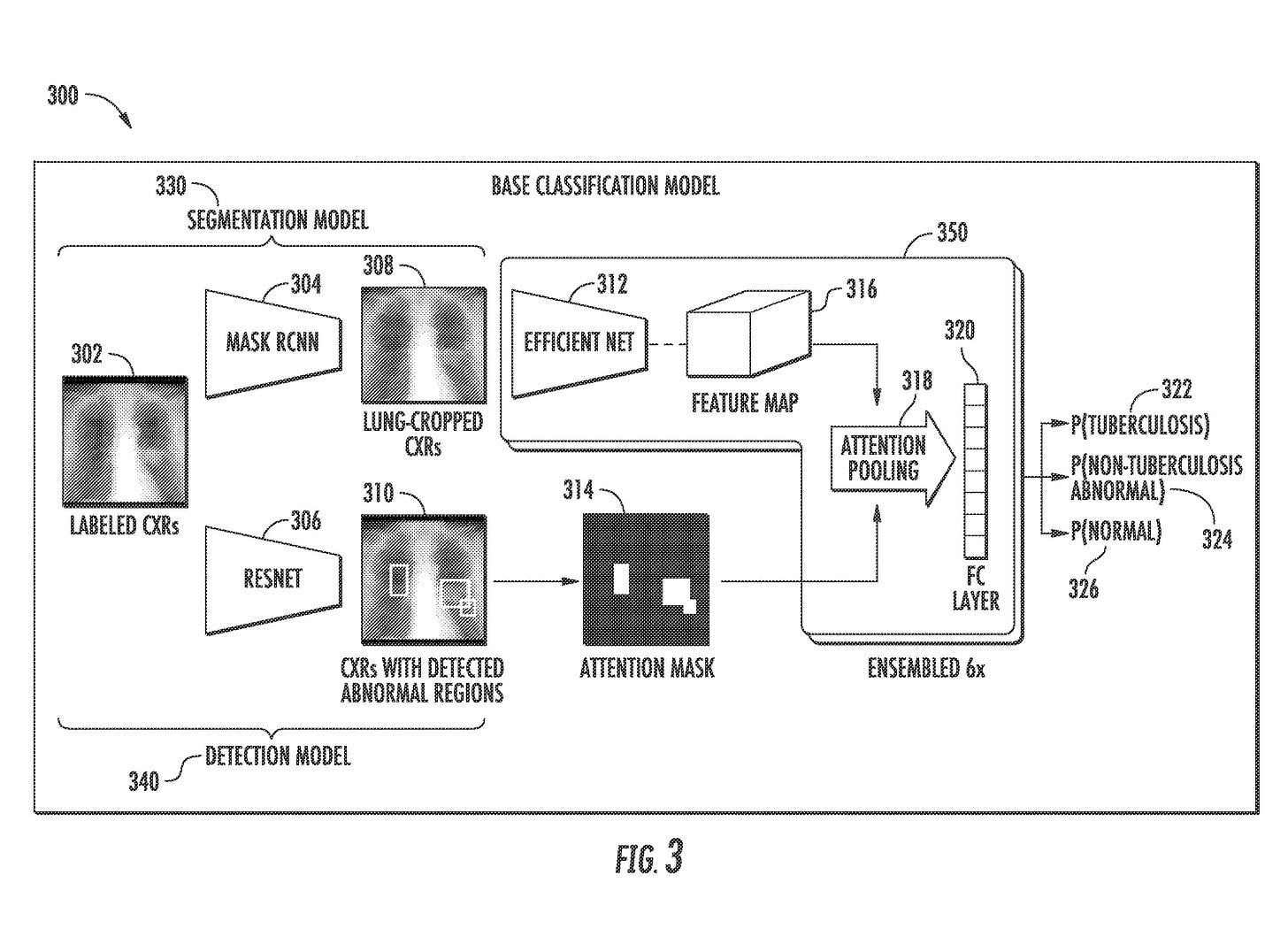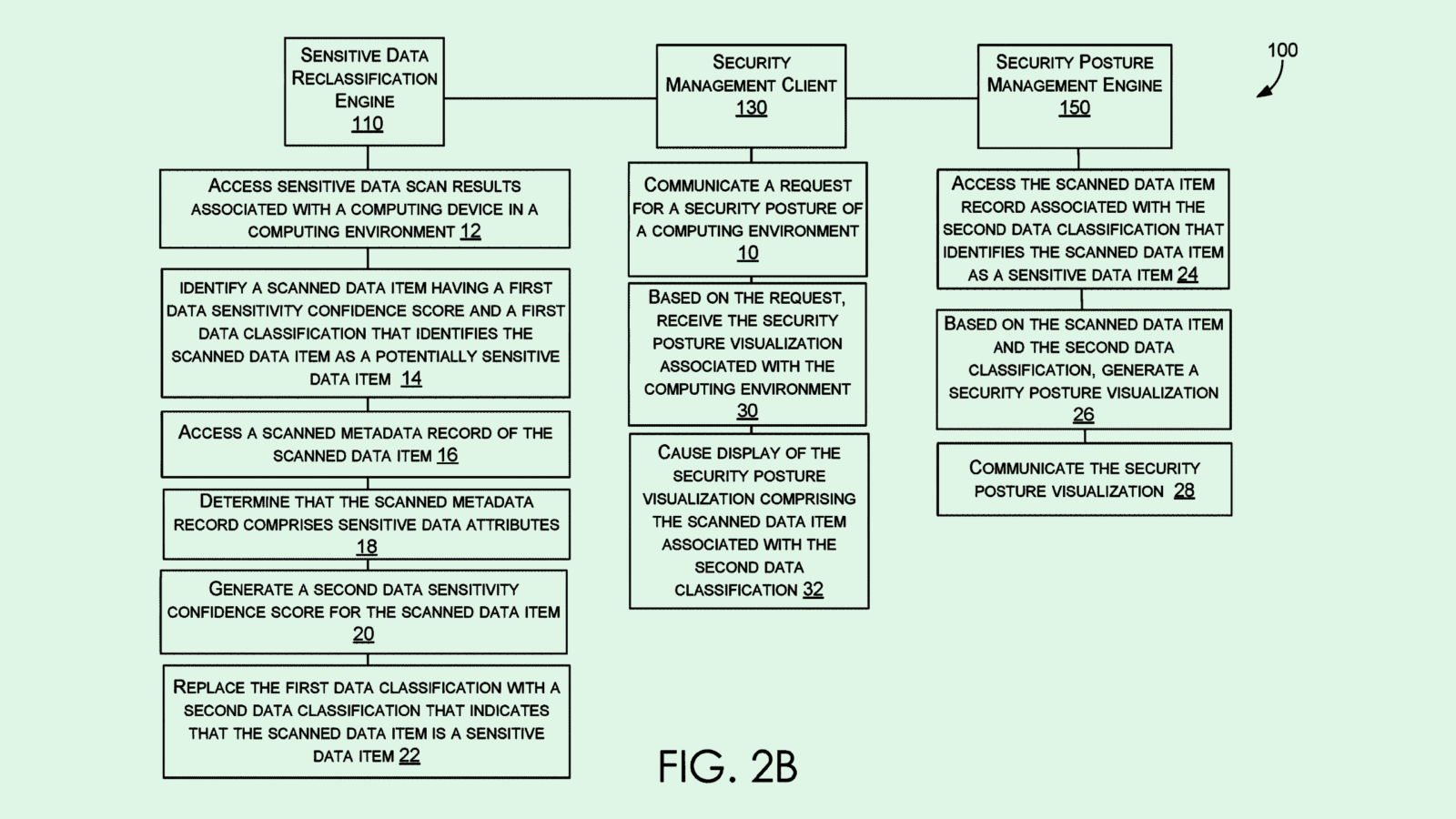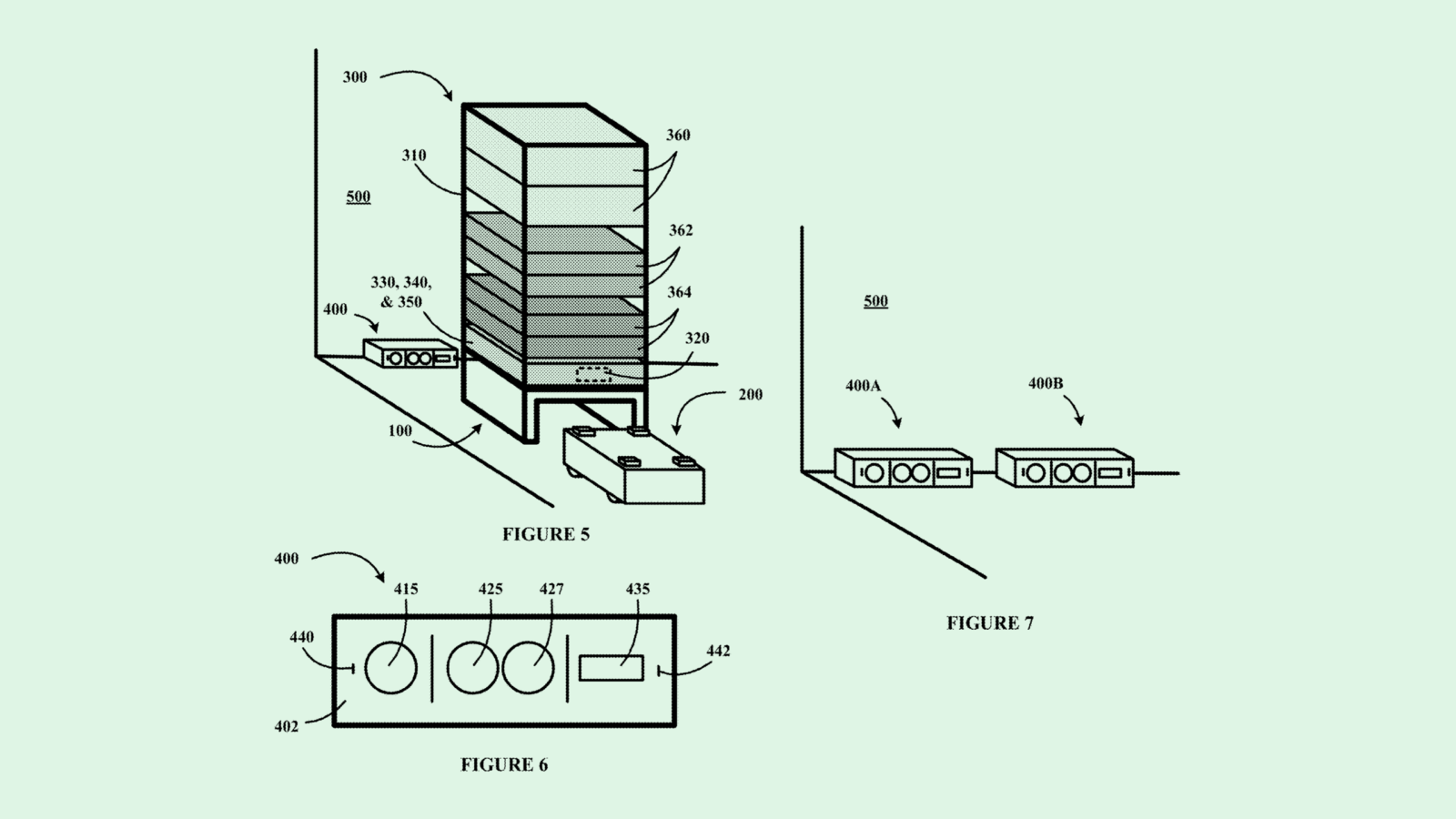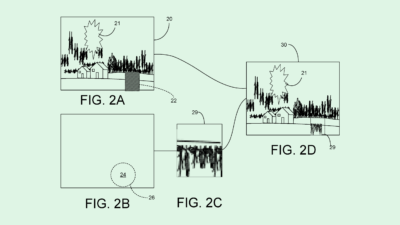
Sign up to uncover the latest in emerging technology.
Google is looking to patent a device that can determine “chest conditions from radiograph data” using machine learning. This AI-powered tech processes x-rays of a patient to offer up a preliminary diagnosis by determining the likelihood that a patient has certain chest ailments.
The system relies on a machine-learned “pathology model” which generates “risk data,” meaning it predicts the likelihood that a patent may have issues requiring medical attention. Google noted that the model can be trained to have at least 90% sensitivity (it’s ability to predict true positives) and at least 70% specificity (it’s ability to predict true negatives). The machine learning model is built with a “deep learning system architecture” trained on tons of patients chest x-rays “from a plurality of countries,” Google noted.
Once the model determines whether or not a patient has a chest condition, the system creates an overlay on the patient’s x-ray pointing out “visual cues of suspicious areas,” and recommend follow-up actions to the clinician.
Google’s patent discusses specifically how this kind of tech is beneficial for tuberculosis diagnoses in countries with high numbers of HIV cases and “limited accessibility to proper testing due to the lack of medical professionals and the high cost of certain tests.” The company also noted that this model could be trained to cover other chest conditions at the different stages, as well as “general diagnosis for any body part.”

It goes without saying that Google is a key player in the rapidly growing AI industry. And it isn’t new to the health space, either: The company already offers Google Health, which tackles a wide range of areas ranging from personal fitness to health research to its clinician workflow support tool, Care Studio. Since starting its health tech division in 2018, Google has added more than 500 employees and hired the FDA’s former digital health chief.
That said, Google Health is an afterthought in terms of revenue. But medical tech is a priority of rivals like Apple and Amazon, who both operate robust health tech businesses, so Google may be scrambling to keep up with the competition, forging its own niche in healthcare with its AI capabilities.
However, this tech also fits the bill for a project under Google’s 80/20 rule, which encourages employees to spend 20% of their time on personal passion projects, said Dr. Sharief Taraman, CEO of Cognoa, which develops AI-based diagnostic and therapeutic products. Given this patent’s focus on helping low-income countries, Taraman said, “I don’t think Google’s looking necessarily to make money (from this).”
Whether or not the tech in Google’s patent makes its way into hospitals, the filing further proves that AI is integrating itself into clinical settings. While AI likely won’t ever replace the job of a doctor, Taraman said, the pandemic “decimated our healthcare workforce,” and AI has the capability to fill the widening support gaps with quicker tools for diagnosis.
“The future of healthcare with AI, in my mind, one where we don’t have delayed diagnoses,” he said. “I think that that’s going to be a big win in helping address shortages of healthcare professionals, because whether we want to admit it or not, we’re in a big crisis.”
Have any comments, tips or suggestions? Drop us a line! Email at admin@patentdrop.xyz or shoot us a DM on Twitter @patentdrop. If you want to get Patent Drop in your inbox, click here to subscribe.











